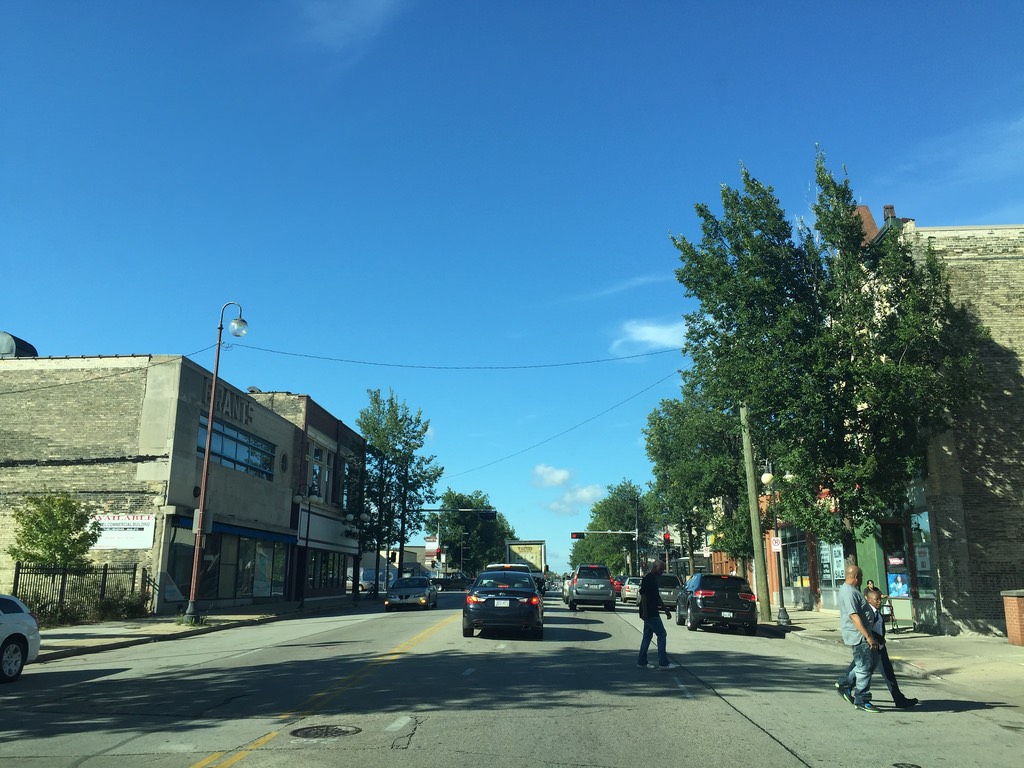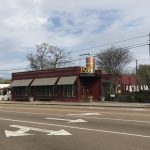Diversifying Commercial Real Estate Ownership to Build Community Wealth and Neighborhood Investment in Milwaukee.
City of Milwaukee’s Equity Focus
The City of Milwaukee fellowship team is focusing on connecting female and minority residents with real estate ownership opportunities as a way to revitalize two historically underserved neighborhoods and build more inclusive community wealth. The proposal for the Commercial Revitalization Ownership Project (CROP) would provide educational training and technical assistance to individuals that would purchase and develop a city-owned, vacant foreclosed property. The City of Milwaukee currently owns and manages about 125 foreclosed commercial buildings that are primarily located in distressed, low-income neighborhoods. As a secondary benefit, the sites developed by the CROP program could be leased to small businesses and entrepreneurs to bring goods and services to neighborhoods currently lacking in economic activity.
Recommendations from Technical Advisory Visit
The visiting technical advisory team observed the City of Milwaukee has a high-level of commitment to this proposal demonstrated by $250,000 in city funds already dedicated in the annual budget, and a strong potential partner in the Milwaukee LISC chapter’s Associates in Commercial Real Estate (ACRE) program. ACRE participants take classes in real-estate development over a nine-month period and envision the development of a specific site. However, the visiting team also recognized weak real estate market in Milwaukee makes development generally more difficult, and also heard from stakeholders that the city is perceived as moving slowly to sell foreclosed properties.
The major recommendations from the panel were to 1) create momentum by extending the focus of the CROP program into a full-fledged corridor revitalization (instead of on spatially disconnected, foreclosed properties), 2) develop a community organizing strategy to complement and support the CROP program, and 3) think outside the box with regards to regulations and zoning to help promote development.
Specific strategies suggested by the advisory team include:
- Develop a public-facing, interactive tool mapping available city-owned land and properties
- Create a map of community assets (businesses, property owners, business improvement districts, activists, artists, and community leaders) and implement community engagement tactics to build community support and input (e.g., gallery nights with artists or commercial corridor block parties)
- Study model from Lexington on “booths to bricks” program helping market vendors expand to brick and mortar businesses
- Designate specific zones where development regulations could be relaxed to encourage development (e.g., Pink Zones in Detroit and Thrive Zones in Chicago)




